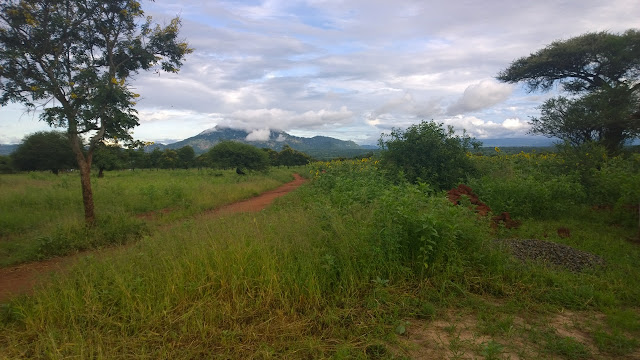The Bulldog Bites Again

-------------------
[From Dec 2009/Jan 2010]
It was in a Malaysian rainforest that I found my face one again turned to Yale Divinity School. A pastoral intern from the Evangelical Lutheran Church in America assigned to work in a local Lutheran congregation in Kuala Lumpur I was there this September, in the jungle, participating in a leadership camp and evangelical fellowship/outreach event for migrant workers from Nepal.
One evening during the camp I was talking with one of the Nepali leaders of the Migrant Ministry Partnership about his work within that community. During that conversation he made, what was to my mind at least, an astonishing observation. “Here we (Nepalis) are, a mostly-Hindu people coming to a Muslim land (Malaysia) for work and somehow - somehow we find Christ and New Life in the process. This,” he said, “ . . . this is a 21st Century Miracle.”
It is this ‘miraculous’ phenomenon, the transmission of faith within and between churches and peoples of the Global South/East, that has caught my imagination and sent me in pursuit of further studies, specifically a Master of Sacred Theology with an emphasis on World Christianity. It is a phenomenon that, for whatever reason, often goes largely under-reported or unacknowledged in congregations, denominational offices and institutions of higher learning across the U.S. and yet, as the ‘center’ of Christianity shifts further to Latin America, Africa, and Asia (see Jenkins 'The Next Christendom') and the plurality of religions and peoples present in the Global North increases, it is a phenomenon that will become increasingly important for the Church and its leaders to understand in the years and decades to come.
My hope in returning to Yale Divinity School for this additional year of study is that I will be able to build off of and complement the knowledgebase and interdisciplinary work I pursued for the MDiv and Certificate in African Studies by putting experiences from the field and Southeast Asia into intentional conversation with related literature, scholars, and (as relevant) previous fieldwork in East Africa. Vocationally I am confident that pursuing the STM would leave me better equipped and prepared for a specialized, ordained position with the Evangelical Lutheran Church in America – whether that call takes the form of an internationally-minded domestic congregation, further global service, or advanced studies and the academy.


Comments